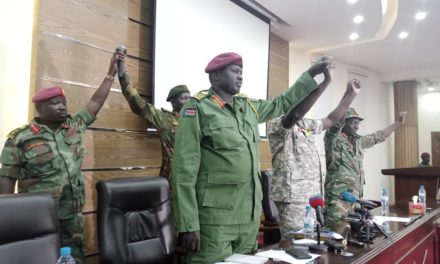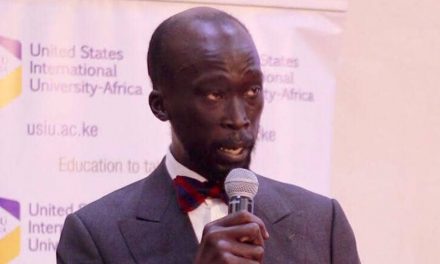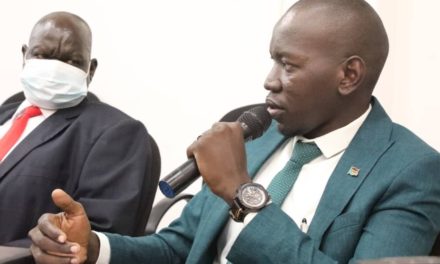
International Peace Day: South Sudan has not yet attained sustainable peace, says political analysts

By Winnie Cirino
As South Sudan joins the rest of the world to mark the International Peace Day, political analysts say South Sudan has not yet attained sustainable peace because of the continuous insecurity.
This year’s theme is. “Recovering better for an equitable and sustainable world.” Abraham Kuol Nyuon, an associate professor of politics, peace and security at the University of Juba says South Sudan has failed to attain peace due to lack of rule of law in the country.
Warring leaders need to work together on key chapters of the agreement and open civic spaces for the public to engage in debates, Nyuon says adding the sounds of guns everywhere is proof of this.
According to the Human Development Index, peace includes food security, health status, and institutions such as good education systems and laws, but these are currently lacking in South Sudan impeding people from enjoying peace.
“Institutions of South Sudan are weakened, there is no proper procedure in following the law where people are supposed to be held accountable for what they have done.”
“The context in which people of South Sudan should enjoy peace, is a nightmare.” Nyuon says adding leaders need to push harder to get the peace agreement fully implemented.
“They need to make sure that the people of South Sudan are given freedom of expression, there’s civic space that needs to be opened, secondly they need to make sure institutional laws and norms are respected.”Nyuon emphasized.
Prof. Jacob Chol, a Professor of political science at the University of Juba negative peace in South Sudan because leaders have continued to divide themselves.
“The leads have realized that when they form a faction or when they rebel against the government, they will always be given the opportunity to get more positions, more power, more resources in form of incentives and in terms of making them happy to come back and sit in Juba.” Prof. Chol says.
Buying oppositions or people who want to make violence has never stopped and these leaders use that as a yardstick to make money and to just continue staying in South Sudan’s politics. Chol adds noting that leaders don’t build consensus because of their differences in fractions, ethnicity, and their pursuits particularly for power and acquiring resources, depriving citizens of permanent peace
“There is a great need for the leaders in the country to accept each other and to agree that peace is not for themselves but for the South Sudanese they are leading.”Chol says.
South Sudan has over relied on external support in the peace process, which he says is not good because if the external force has an interest in South Sudan then the country will never hold permanent peace because that will be regional peace and not home built peace.
Juan Marina, executive director of DefyHateNow, an organization that builds trust between peace stakeholders, says South Sudan has partially attained peace compared to 2013 and 2016 when war broke out. She says there are several layers to the conflict that still needs to be addressed with a focus on reconciliation and healing.
“Diligence and commitment across all levels of peace building and also across all the stakeholders of peace, the leaders need to put continuous effort to work towards healing and recovering from the past wounds of conflicts.”
“Once this is done, I think we will be ready for the next phase of life in peaceful South Sudan.” Marina says.




















Recent Comments